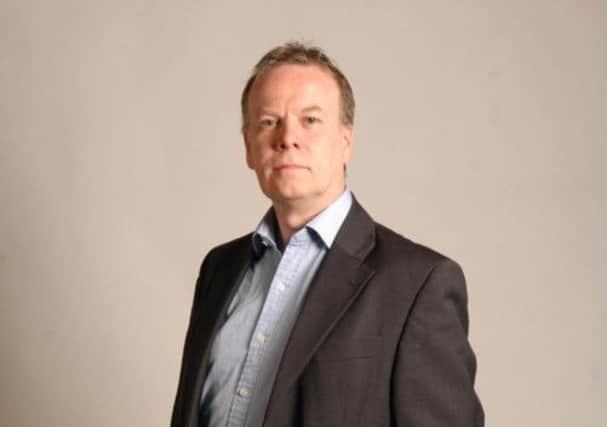Comment: Bezos looking to deliver reinvented Post


The $250 million (£163m) sale of the Washington Post to Amazon founder Jeff Bezos has grabbed attention on a number of fronts.
Not only is this a historic transfer of ownership from the Graham family that owned it for 80 years, it has also prompted speculation about what someone at the forefront of the media and retail revolution can do for a newspaper business struggling to find a solution to years of decline.
Advertisement
Hide AdAdvertisement
Hide AdSuch was the secrecy surrounding the transaction that even the Post’s legendary investigative journalists were taken by the surprise when it was announced on Monday, just a week after the Boston Globe was sold by the New York Times for a paltry $70m. Billionaire investor Warren Buffett has also been buying newspapers that clearly retain commercial, or else trophy asset, appeal.
The industry is far from being a licence to print money. The Grahams initiated the deal as they felt they could no longer support the Post after seven consecutive years of falling income. But in spite of his $28bn personal fortune, Bezos is not known for his generosity or philanthropy. He built a culture of cost-control at Amazon and his company has been tainted by the allegations surrounding its tax affairs. Critics therefore worry that he will not understand the price of good journalism on which the Post built its reputation.
The newspaper, most famous for its exposure of the Watergate scandal in the 1970s, has been criticised for becoming too parochial and for shedding too many journalists, which has affected content. Bezos has been given an early warning that solving its problems will not merely rest on better distribution software.
However, it seems evident from his early statements that although the price is just 1 per cent of his own fortune, he does not see the Post as a personal plaything. He said that “charting a path will not be easy” and is talking of the need to be re-invent the future. As the head of the firm that brought us the Kindle e-book, he may be ideally placed to see how the modern reader will engage with the newspaper industry.
Carney riding the crest of economic upturn
Mark Carney, the new governor of the Bank of England, makes his first public comments today when he presents the quarterly inflation report.
He must be thanking his good fortune that he will do so amid more evidence that the economy is on ~the mend.
A raft of surveys on retail, house prices, services, industrial production and car sales have pointed upwards, suggesting that the momentum for recovery has taken hold.
George Osborne, the Chancellor, will also be smiling. The more positive outlook will clearly convince him that his austerity measures and growth stimulus are working.
Advertisement
Hide AdAdvertisement
Hide AdIt was expected only a few weeks ago that the August meeting of the Bank’s monetary policy committee would have ushered in more quantitative easing. And even with the economy improving, it is still possible that another £25 billion will be injected to push things along.
But the main item on today’s agenda is “forward guidance” and the expectation that Carney will introduce a long-term outlook tying any interest rate rise to an unemployment rate of 6.5 per cent.
Twitter: @TerryMurden1